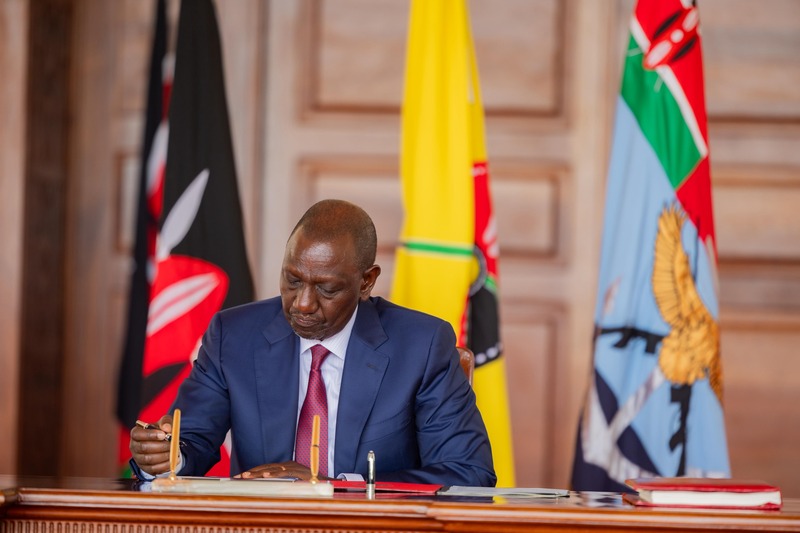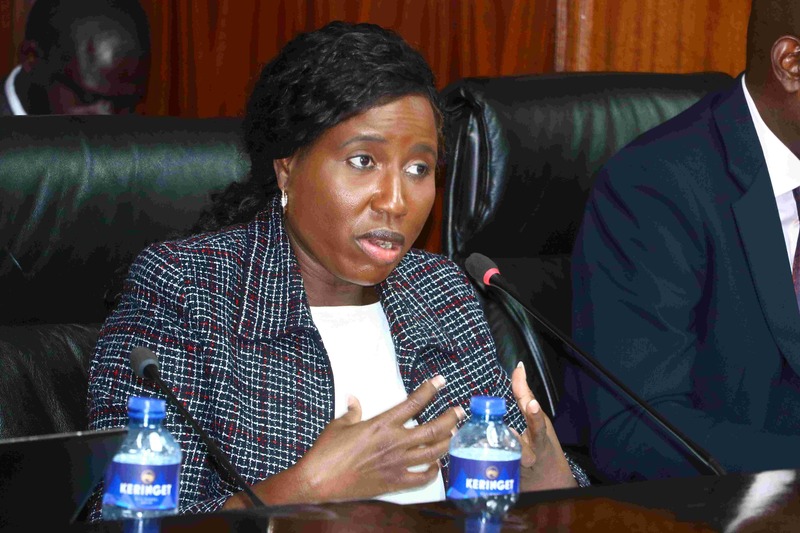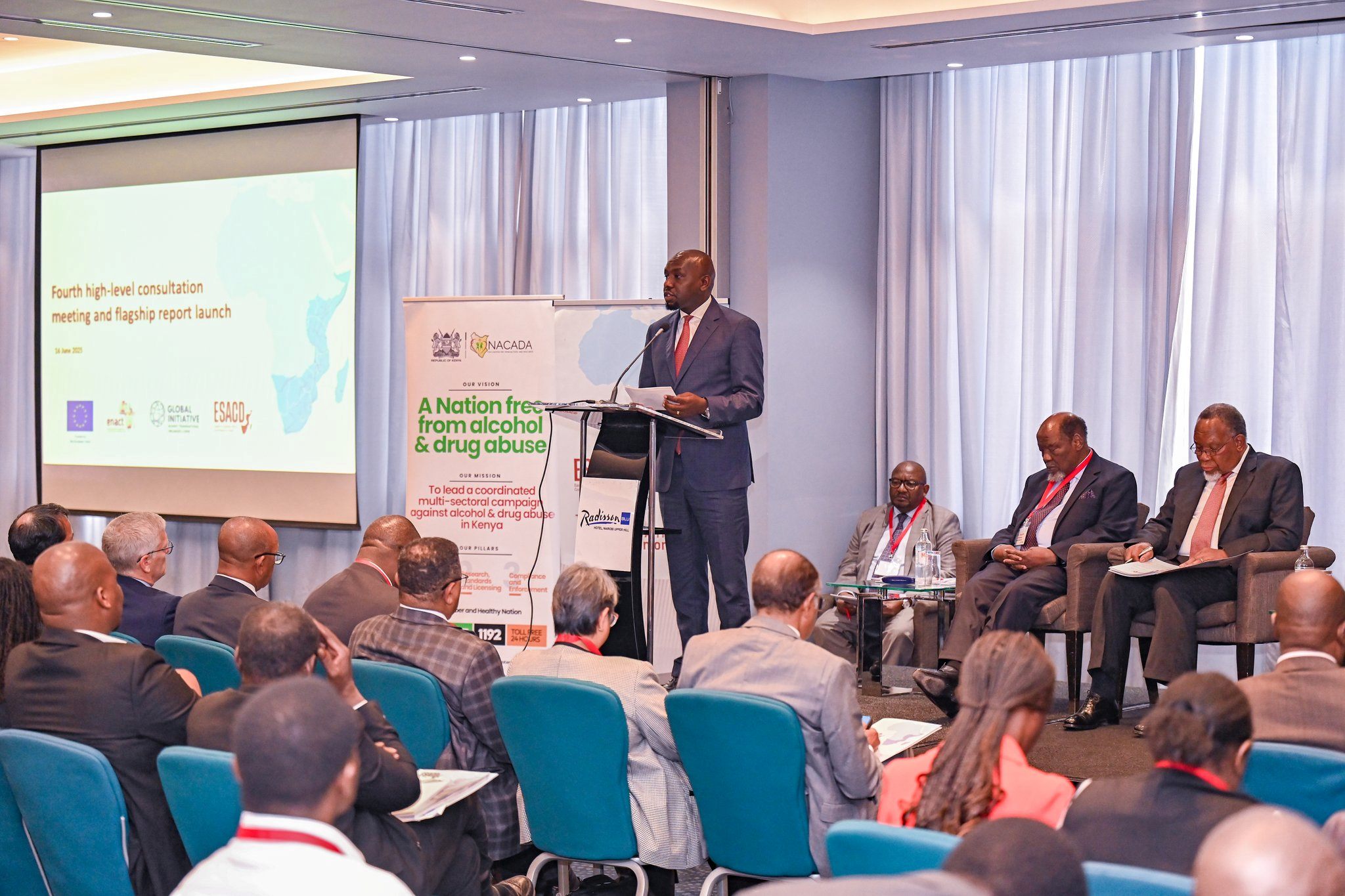Anti-money laundering reforms take effect as Ruto assents to bill

The new law amends ten Acts of Parliament to fix technical gaps in Kenya’s framework on anti-money laundering, combating terrorism financing, and addressing proliferation financing.
President William Ruto on Tuesday assented to the Anti-Money Laundering and Combating of Terrorism Financing Laws (Amendment) Bill, 2025, marking a major step in sealing regulatory loopholes that have enabled illicit financial flows across various sectors.
The new law amends ten Acts of Parliament to fix technical gaps in Kenya’s framework on anti-money laundering, combating terrorism financing, and addressing proliferation financing.
More To Read
- Raila calls for unity, blames politics for collapse of Adani deal to expand JKIA
- Ruto's anti-graft push stalls as Senate rejects key Conflict of Interest Bill changes
- 1,600 science laboratories to be constructed in schools in rural areas, Ruto says
- President Ruto vows to go after schools defying fee payment on eCitizen
- National Assembly passes Finance Bill 2025, targets Sh24 billion in new revenue
- Court refers Okiya Omtatah's Sh4.6 trillion debt petition to CJ Martha Koome
It comes after Kenya was placed on the Financial Action Task Force (FATF) grey list in 2024, which flagged weaknesses in the country’s monitoring and enforcement systems.
The Bill was passed by the National Assembly on April 16, 2025, and was sponsored by Kimani Ichung’wah, Leader of the Majority Party. It was initially presented for assent but was referred back by the President with reservations on April 30. The National Assembly later adopted the President’s reservations and passed the Bill again on June 3.
The updated law gives more powers to regulators like the Retirement Benefits Authority and the Sacco Societies Regulatory Authority to enforce anti-money laundering obligations and punish non-compliance.
It also expands oversight over professionals and industries often misused for money laundering.
“The law empowers bodies that supervise professions and professionals that are likely conduits of money laundering and terrorism financing to supervise, monitor and conduct Anti-Money Laundering and Countering the Financing of Terrorism (AML/CFT) oversight,” reads a summary statement of the Bill.
The law specifically targets real estate agents, accountants, casino operators, trust and company service providers, and dealers in precious metals and stones through amendments to the Estate Agents Act, Accountants Act, Betting Lotteries and Gaming Act, and the Mining Act, among others.
It also enhances oversight over Public Benefit Organisations that are vulnerable to terrorism financing by strengthening the role of the Public Benefit Organisations Regulatory Authority.
The amendments are expected to attract more Foreign Direct Investment by improving confidence in sectors like real estate and mining.
“The introduction of enhanced regulatory clarity and oversight in the real estate and mining sectors shall significantly boost investor confidence and attract Foreign Direct Investment,” the statement says.
The law is also seen as critical to supporting the government’s affordable housing programme, which relies heavily on private investment, and will help expand the country’s tax base by formalising previously unregulated players.
In addition, the Financial Reporting Centre’s mandate has been reinforced through changes to the Proceeds of Crime and Anti-Money Laundering Act.
The Director General’s term has been fixed at a single six-year term to ensure institutional independence and long-term stability.
These reforms position Kenya as a regional leader in financial regulation.
“The legal reforms introduced by the Bill restate and solidify Kenya’s position in the region as a leader in financial integrity and regulatory reform,” the statement notes.
The government also expects the new law to improve Kenya’s credit ratings and lower the cost of borrowing by reducing the risks perceived by international lenders.
Top Stories Today














































